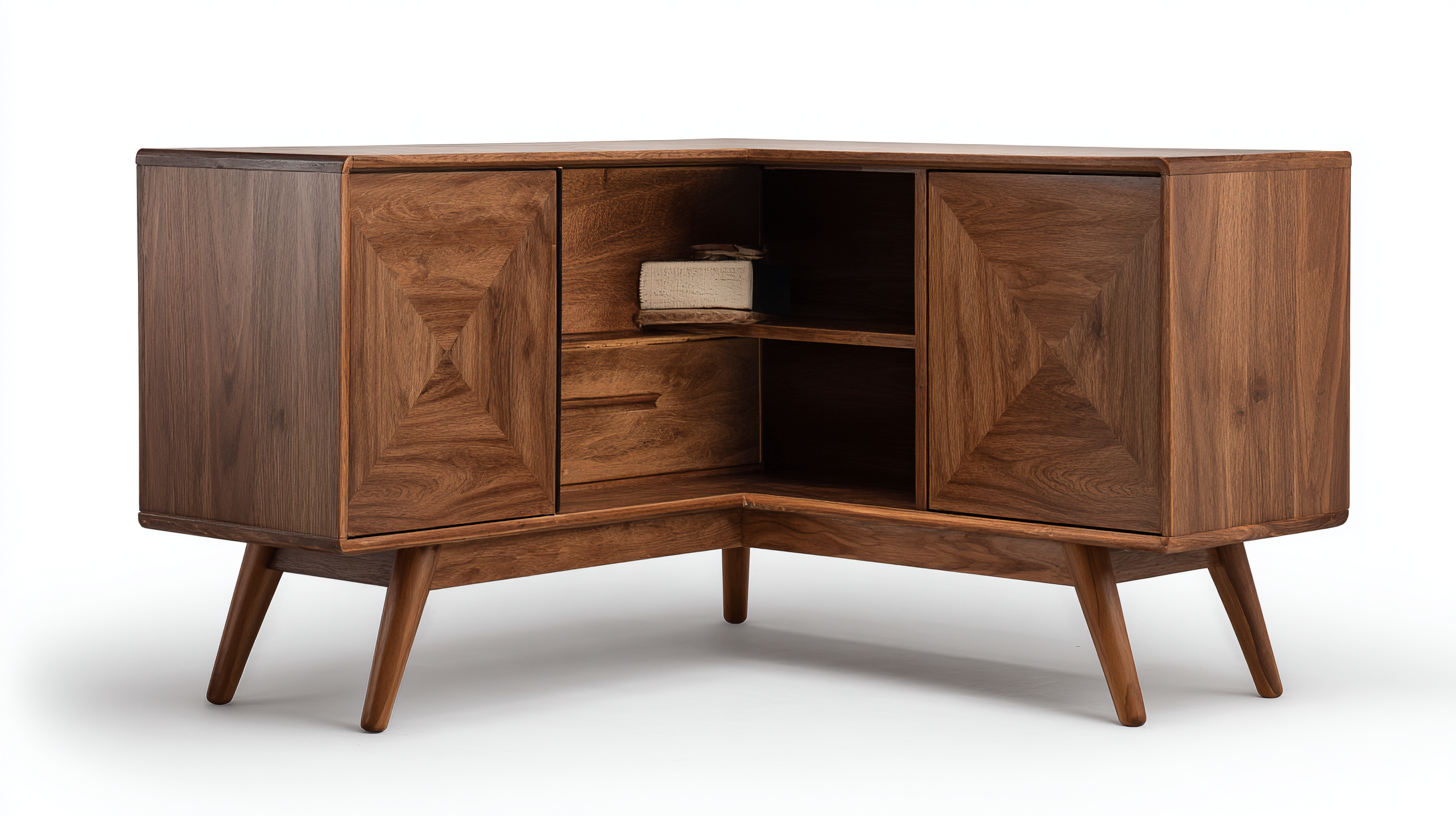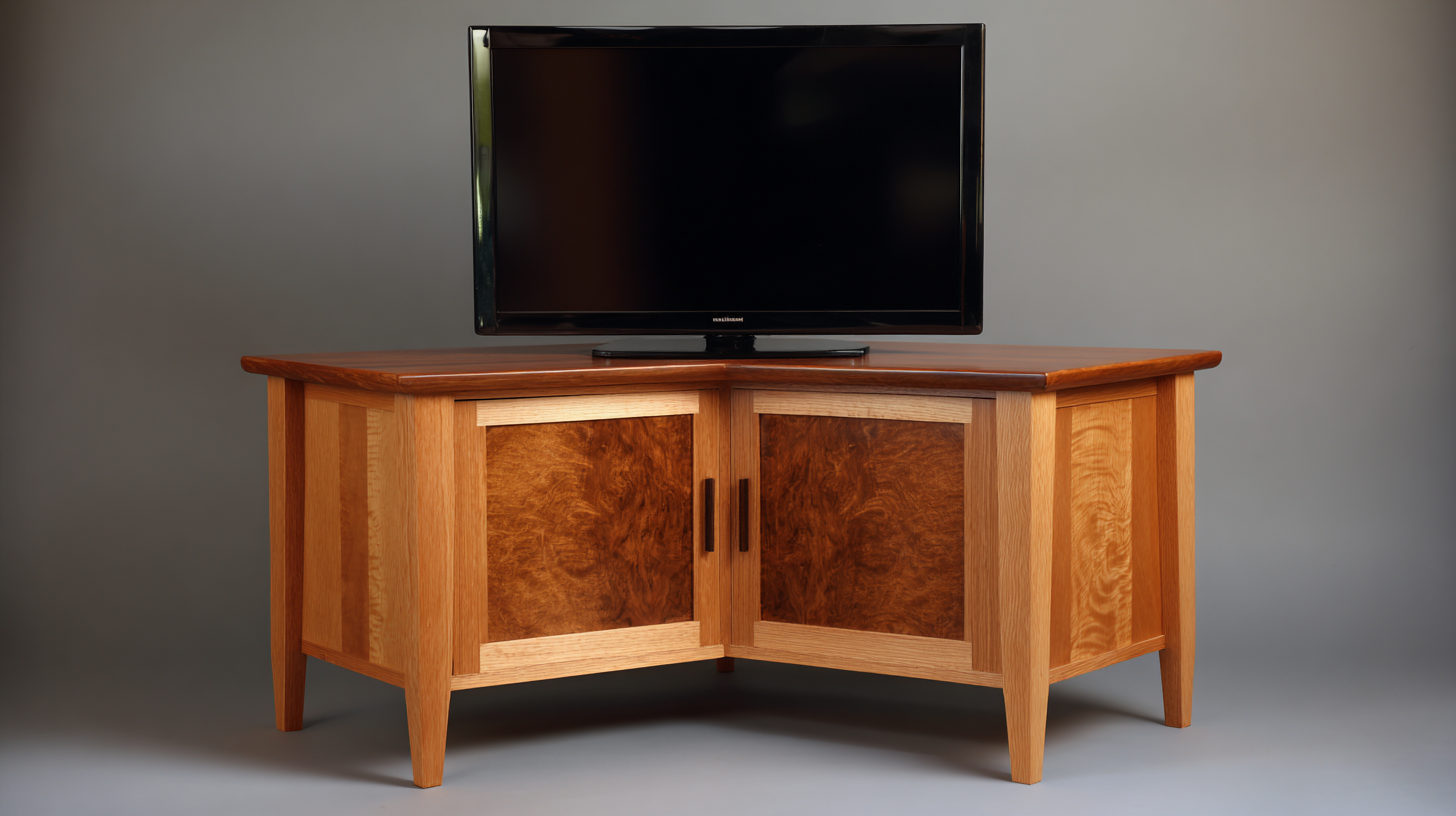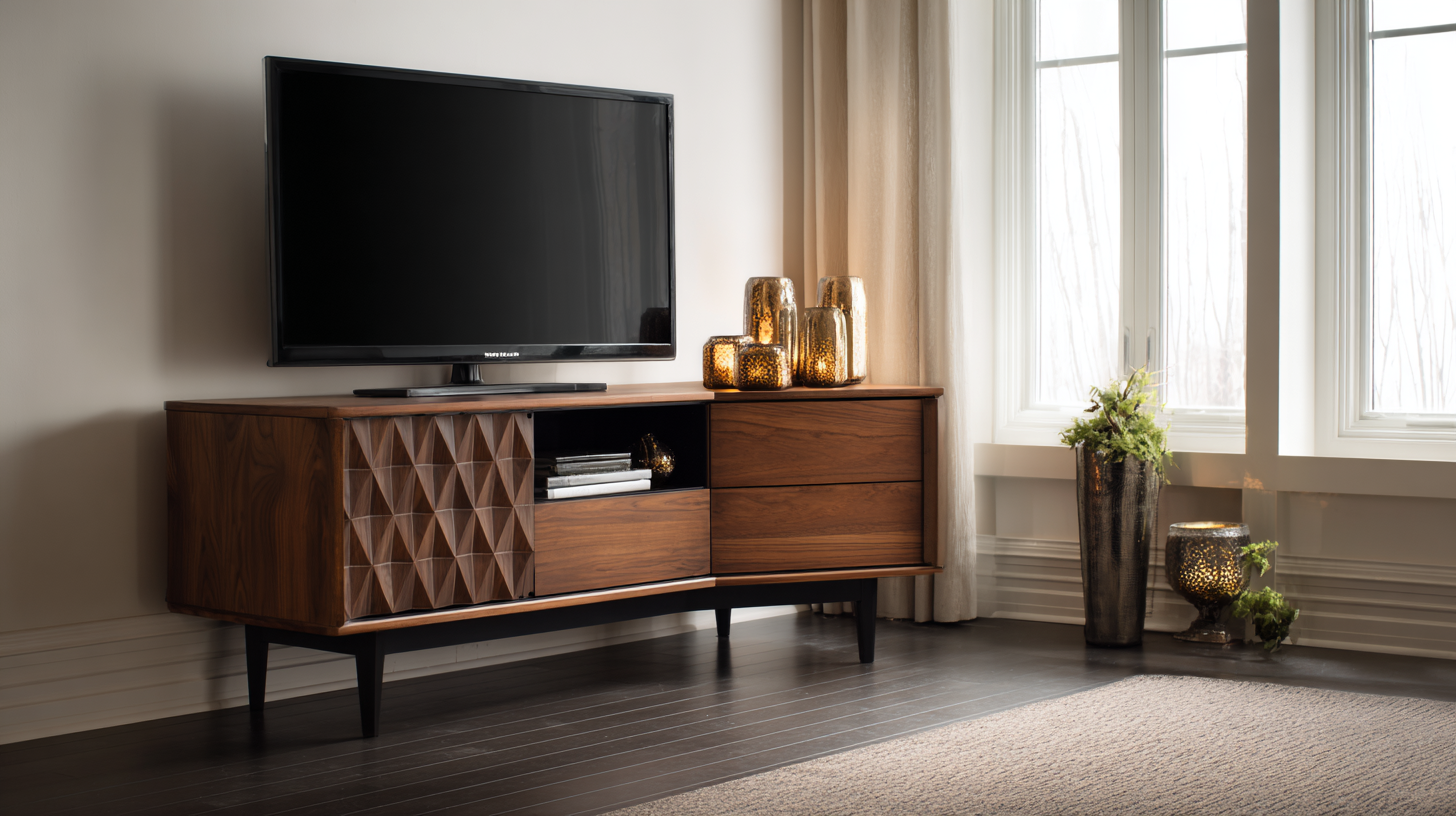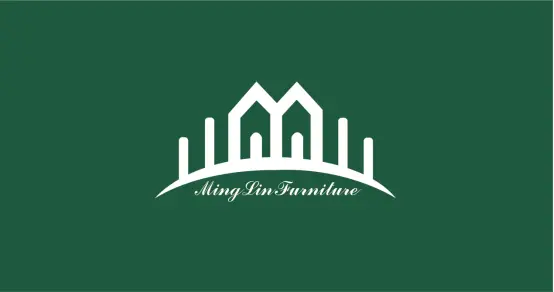In the ever-evolving world of home decor, the Corner TV Cabinet Modern stands out as a stylish solution for maximizing space while enhancing the aesthetic of your living room. However, selecting the right manufacturer for your corner TV cabinet is crucial, especially when considering import and export certifications that ensure quality and compliance with industry standards. This blog will guide you through the essential criteria for choosing a reliable manufacturer, highlighting the importance of certifications in guaranteeing not only the durability of the furniture but also the ethical practices involved in its production. By understanding how to navigate the complexities of manufacturing certifications, you'll be empowered to make informed decisions that will lead to the acquisition of a high-quality corner TV cabinet that perfectly suits your modern interior.

Import and export certifications play a crucial role in the global furniture market, particularly for items like modern corner TV cabinets. These certifications ensure that products meet international safety, quality, and environmental standards, facilitating smoother transactions between countries. When manufacturers and retailers engage in international trade, having the necessary certifications can significantly enhance their credibility and appeal to consumers who prioritize quality and safety in their purchases.
Moreover, understanding the importance of these certifications can protect businesses from legal and financial repercussions. Regulations often vary by region, and failing to comply can result in costly fines or even bans on selling products in certain markets. For instance, certifications related to sustainable materials or safety standards can not only prevent mishaps but also resonate with eco-conscious consumers. This awareness enables manufacturers to take proactive steps in compliance, ensuring their modern corner TV cabinets not only reach consumers safely but also align with today's environmental and safety expectations.
When importing and exporting modern TV cabinets, it's crucial to understand the key certifications that ensure compliance with global standards. According to the International Organization for Standardization (ISO), adherence to specific quality and safety standards is essential for manufacturers looking to enter foreign markets. For instance, the ISO 9001 certification highlights a company's commitment to quality management systems, while ISO 14001 emphasizes environmental management, both of which are increasingly demanded by consumers and regulators alike.
In addition to ISO certifications, businesses must also consider compliance with local regulations such as the Consumer Product Safety Improvement Act (CPSIA) in the United States. This mandates that products meet safety standards that restrict hazardous substances. A report by Statista indicates that approximately 60% of consumers prioritize safety certifications when purchasing furniture, making it vital for importers and exporters to showcase these credentials to enhance marketability.
Tips: Always ensure you stay updated on the latest certification requirements, as regulations can change. Collaborating with a local consultant can provide insight into regional standards. Additionally, consider obtaining certifications like the Forest Stewardship Council (FSC) label, which appeals to environmentally conscious consumers and can set your products apart in a competitive market.

In today's competitive market, the importance of quality assurance through certifications cannot be overstated, especially regarding products manufactured in China. These certifications serve as a benchmark for quality, safety, and compliance, reflecting the rigorous standards that exports must meet to be deemed reliable. For instance, the SRRC certification is crucial for telecommunication devices utilizing radio technologies, ensuring that they adhere to national regulations for safe operation. This certification not only enhances consumer confidence but also fosters a level playing field for manufacturers aiming to penetrate international markets.

Moreover, the landscape of certifications in China is diversifying, with various mandatory and voluntary certifications such as CQC and the SELO license, which cover different product categories. These certifications signify that a product has met specified criteria and standards, thus alleviating concerns for consumers about the quality and safety of their purchases. As more companies seek to align their products with international quality standards, understanding and navigating these certification processes becomes essential for success. This commitment to quality assurance is a pivotal factor in the growing global reputation of "Made in China" products, particularly in categories like modern furniture, where consumer demand for sophistication and reliability is ever-increasing.
When dealing with the export of modern corner TV cabinets, navigating international regulations can be a daunting task. Different countries have varying requirements regarding certifications, quality standards, and safety regulations. This can complicate the trade process significantly, but with the right approach, you can streamline your path to successful export.
Tip: Always conduct thorough research on the destination country’s regulations before initiating the export process. Understanding the specific import and export certifications required will save you time and potential delays later on. It may also be beneficial to consult with a local trade expert or legal advisor in the relevant market to ensure compliance with their laws.
Another challenge you may face is maintaining quality control across different production facilities. International regulations often emphasize product safety and material sustainability, so it's essential to monitor your manufacturing processes closely.
Tip: Consider implementing quality management systems that align with international standards, such as ISO certifications. Regular audits of your suppliers can also help ensure that the furniture produced meets the necessary requirements for both your target markets and your customers' expectations.
In today's global marketplace, certifications play a crucial role in establishing trust between businesses and consumers, particularly for products like the Best Corner TV Cabinet Modern. As consumers become more environmentally conscious, they now look for evidence of sustainability and ethical practices before making a purchase. Certifications that endorse sustainability not only boost a company’s reputation but also influence consumer behavior—a study revealed that shoppers are willing to pay more for eco-friendly products. This trend emphasizes the importance of transparency and accountability in building consumer trust.
Moreover, the increasing awareness of cybersecurity further drives the necessity for certifications. Trust in digital transactions is paramount, especially as more consumers engage with e-commerce platforms. By implementing robust security measures and obtaining relevant certifications, brands can foster a secure shopping environment that assures consumers their personal data is protected. As buyers gravitate towards businesses that demonstrate commitment to security and sustainability, obtaining these certifications is not merely a strategic advantage but a vital element in nurturing long-term relationships with global consumers.
